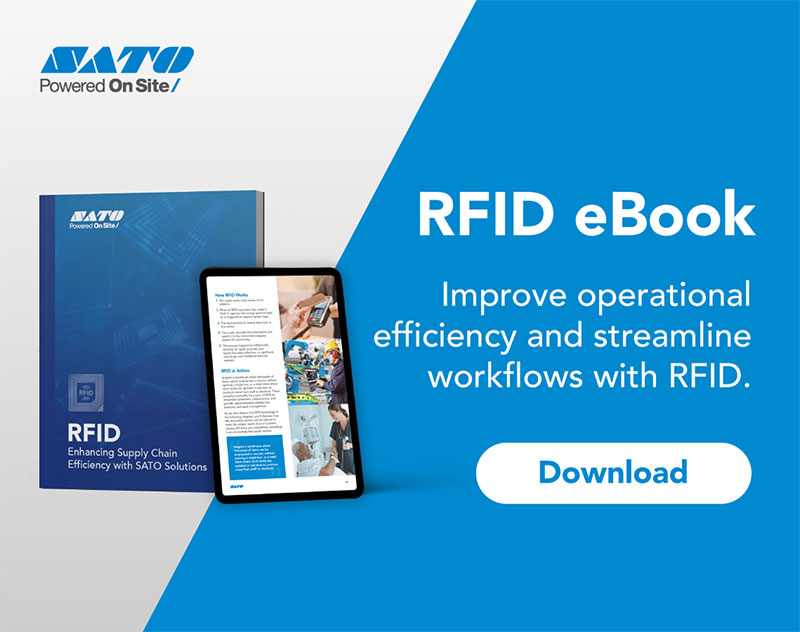Supply Chain Snapshot: Weekly Industry Insights #29
04/11/24
As November begins, supply chains are adapting to new regulations, technological advancements, and unexpected disruptions. This week’s insights take us through the evolving landscape across health tech, automotive, retail, and food sectors. From regulatory shifts and innovations in logistics to the seasonal retail rush, businesses are leveraging strategic approaches to keep their supply chains resilient.
Health Tech: EU Tightens Regulations on Medical Supply Chains
The EU is ramping up its regulatory oversight of the health tech industry, aiming to safeguard patients and ensure compliance across medical device supply chains. These stricter guidelines pose challenges for manufacturers and suppliers who must adapt their supply chains to stay compliant amid potential disruptions. Read more about the EU’s new health tech regulations.
A recent Q&A with industry expert Sanjay Gupta highlights strategic considerations for medical device supply chains, from regulatory compliance to demand planning. Gupta underscores the importance of agility and responsiveness to manage both current and future disruptions. Explore insights into medical device supply chain strategies.
Automotive: Battery Recycling and Strengthening Semiconductor Ecosystems
Europe’s automotive industry is reinforcing its commitment to sustainability and supply chain resilience. Mercedes-Benz recently opened a battery recycling factory in Germany, setting a benchmark for circularity and reducing reliance on raw materials. This initiative is part of the larger push toward an eco-friendly supply chain for electric vehicles. Learn about Mercedes-Benz’s new battery recycling facility.
In parallel, CLEPA, the European Association of Automotive Suppliers, has outlined a vision to strengthen Europe’s semiconductor and electronics ecosystem. This effort aims to reduce dependency on external suppliers and ensure a steady supply of critical components for the automotive sector. Discover CLEPA’s vision for Europe’s automotive electronics supply chain.
Retail: Peak Season Challenges and Changing Consumer Behaviours
The retail sector is gearing up for the holiday peak season, but challenges are on the horizon. OpenText reports on the “perfect storm” of supply chain disruptions, with labour shortages, transportation delays, and inventory management challenges likely to impact retailers as they enter the holiday rush. Explore the supply chain challenges for the holiday season.
Meanwhile, a survey from Rakuten reveals that shoppers do not plan to increase their holiday spending this year. This shift in consumer behaviour is prompting retailers to adopt more efficient inventory management strategies to balance demand with tighter budgets. Read more on holiday spending trends.
First Mile Reinvention and Retail Innovations
Supply chain experts at Zero100 are rethinking the “first mile” of the supply chain, advocating for a data-driven approach to optimise sourcing, production, and distribution. This reinvention of the early stages in supply chains can significantly improve resilience and efficiency across industries. Learn about the first mile reinvention in supply chains.
Retail is also undergoing transformation, with emerging trends like AI-driven personalisation, augmented reality shopping, and advanced demand forecasting reshaping consumer experiences. These technologies are redefining retail supply chains and pushing the industry toward a more customer-centric model. Discover the top trends shaping the future of retail.
Food Industry: Agricultural Disruptions and Food Safety Recalls
Recent flooding in Spain has severely impacted fruit and vegetable crops, raising concerns over food supply for UK markets. The situation underscores the vulnerability of food supply chains to climate-related events, driving the need for more resilient agricultural practices. Read about how floods are affecting UK food supply.
Meanwhile, food recalls are on the rise, with experts highlighting the importance of proactive safety protocols to minimise health risks. As supply chains grow in complexity, maintaining stringent food safety standards is more critical than ever. Find out why food recalls are increasing.
Cybersecurity: Protecting RFID-Enabled Supply Chains
With the growing use of RFID in supply chains, cybersecurity risks are becoming more prevalent. RFID-enabled systems, while effective for tracking and managing inventory, also open new vulnerabilities to cyberattacks. Implementing robust cybersecurity practices is essential for protecting these digitalised supply chains. Explore cybersecurity guidelines for RFID-enabled supply chains.
Innovations Transforming Logistics and Supply Chain Management
The future of logistics is evolving as companies adopt cutting-edge technologies like AI, blockchain, and automation. These innovations are reshaping supply chains, enabling businesses to achieve new levels of efficiency and adaptability in response to an unpredictable global landscape. Learn about the latest technological innovations in supply chain management.
From addressing regulatory shifts in health tech and automotive recycling initiatives to tackling cybersecurity challenges and adopting AI-driven retail solutions, industries are continuously adapting to meet the demands of today’s supply chain environment. Visit SATO Europe for more insights into these dynamic trends.
Latest News
All News

10/02/26
SATO Europe appoints Armelle Jaclot as European Marketing Director
10 February 2026 – Heidelberg, Germany – SATO Europe...

02/02/26
SATO strengthens its European manufacturing capabilities as Polish site achieves...
2nd February 2026 – Heidelberg, Germany ...












